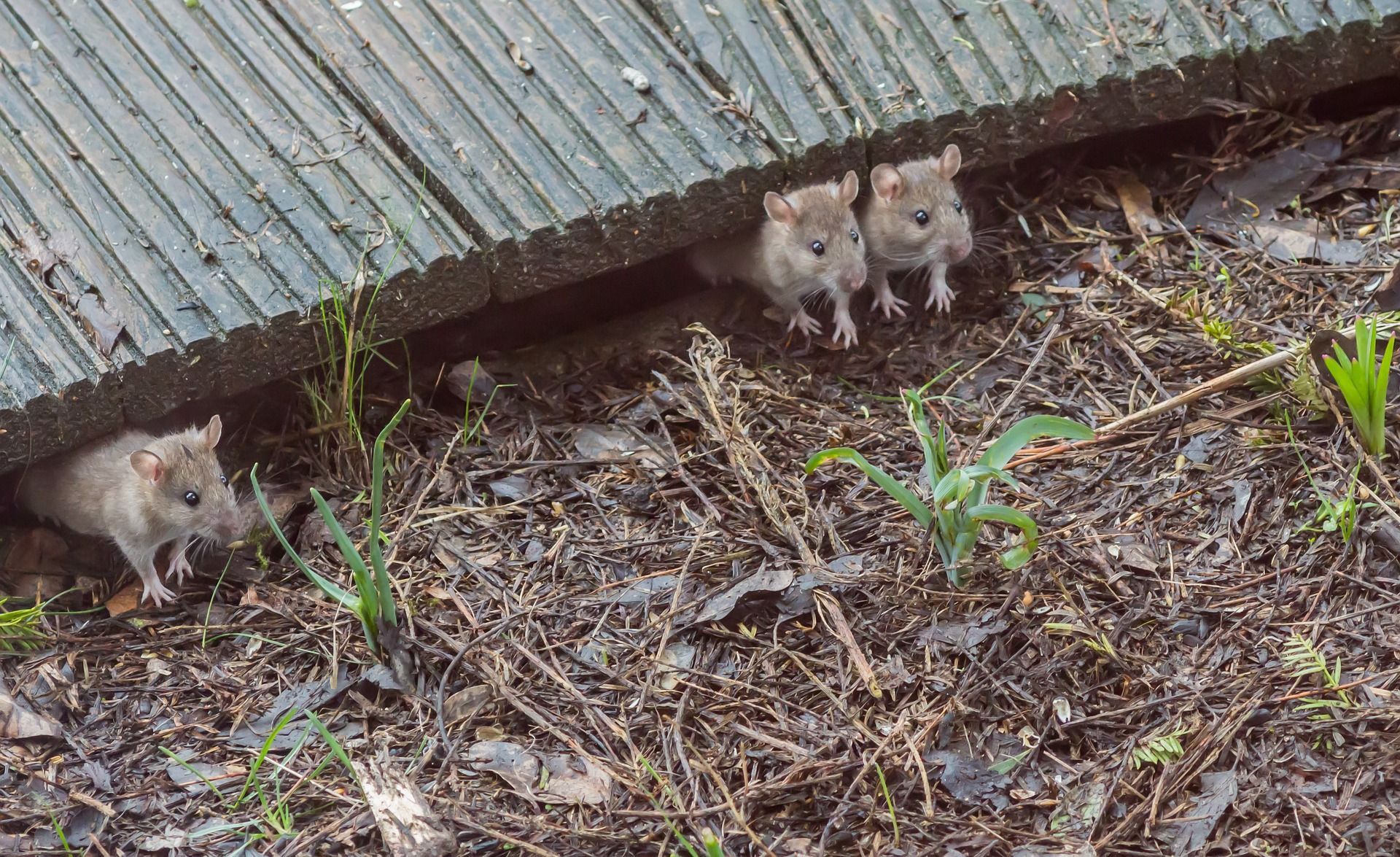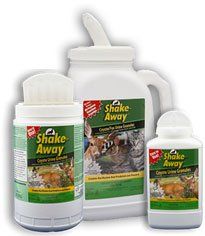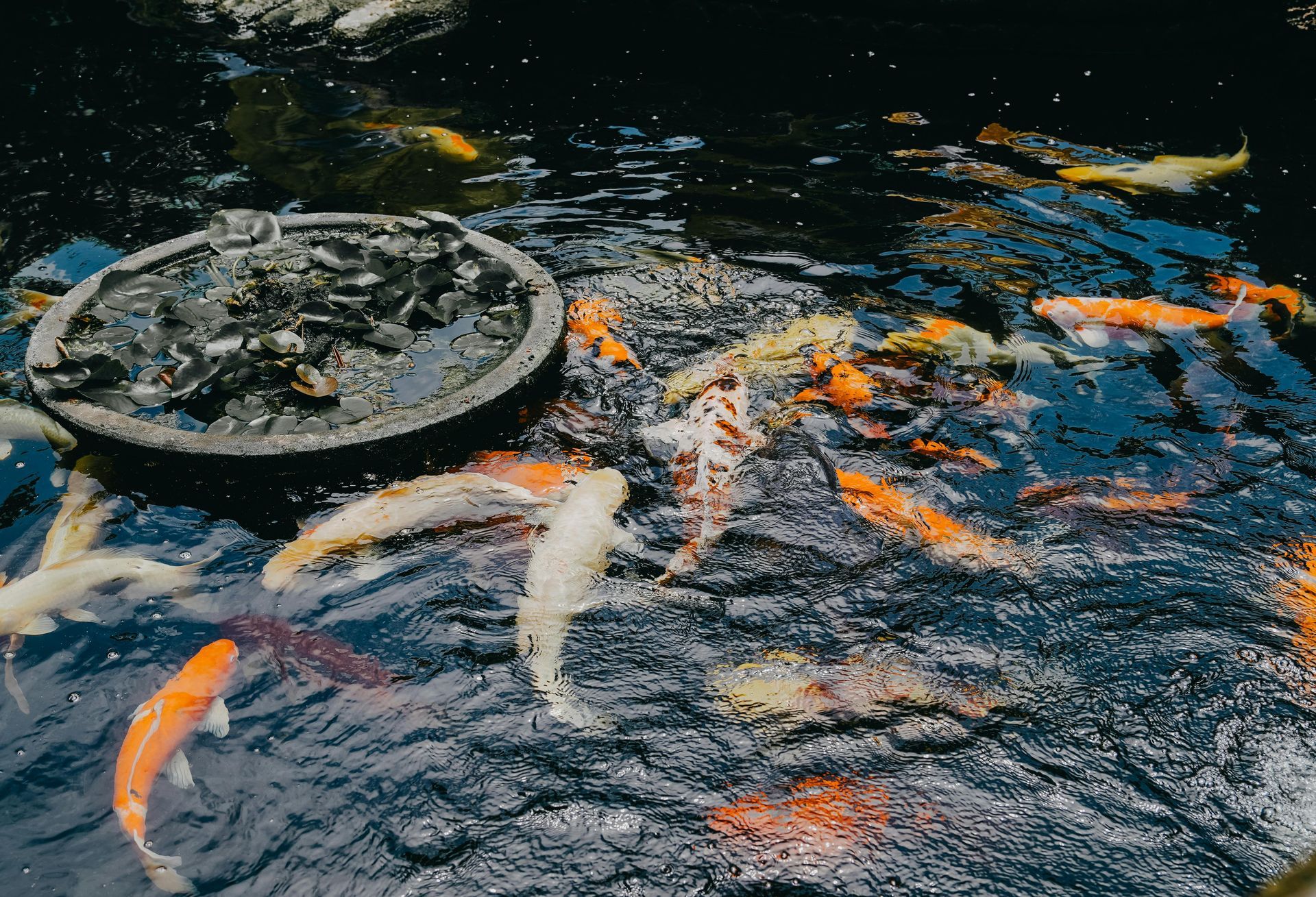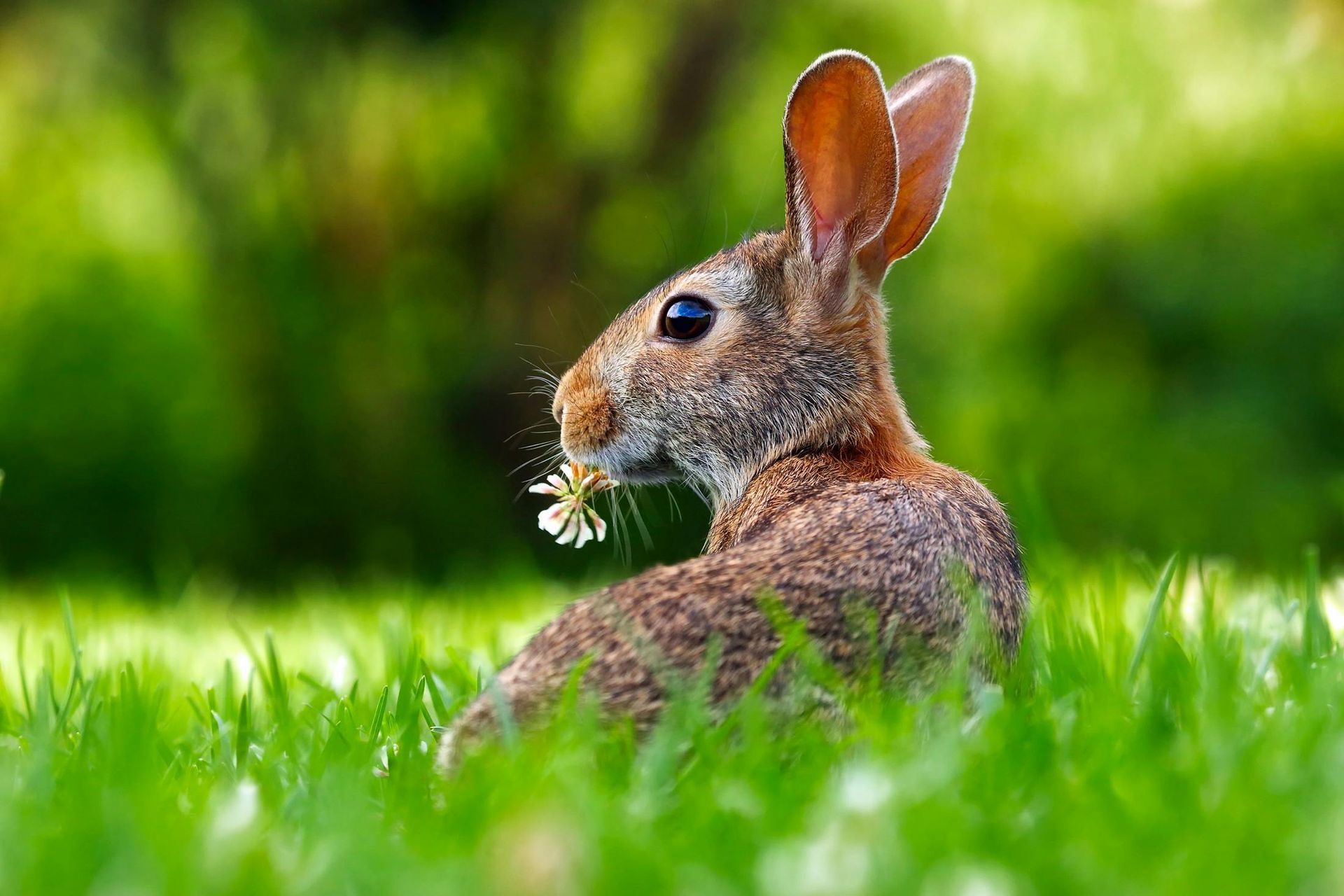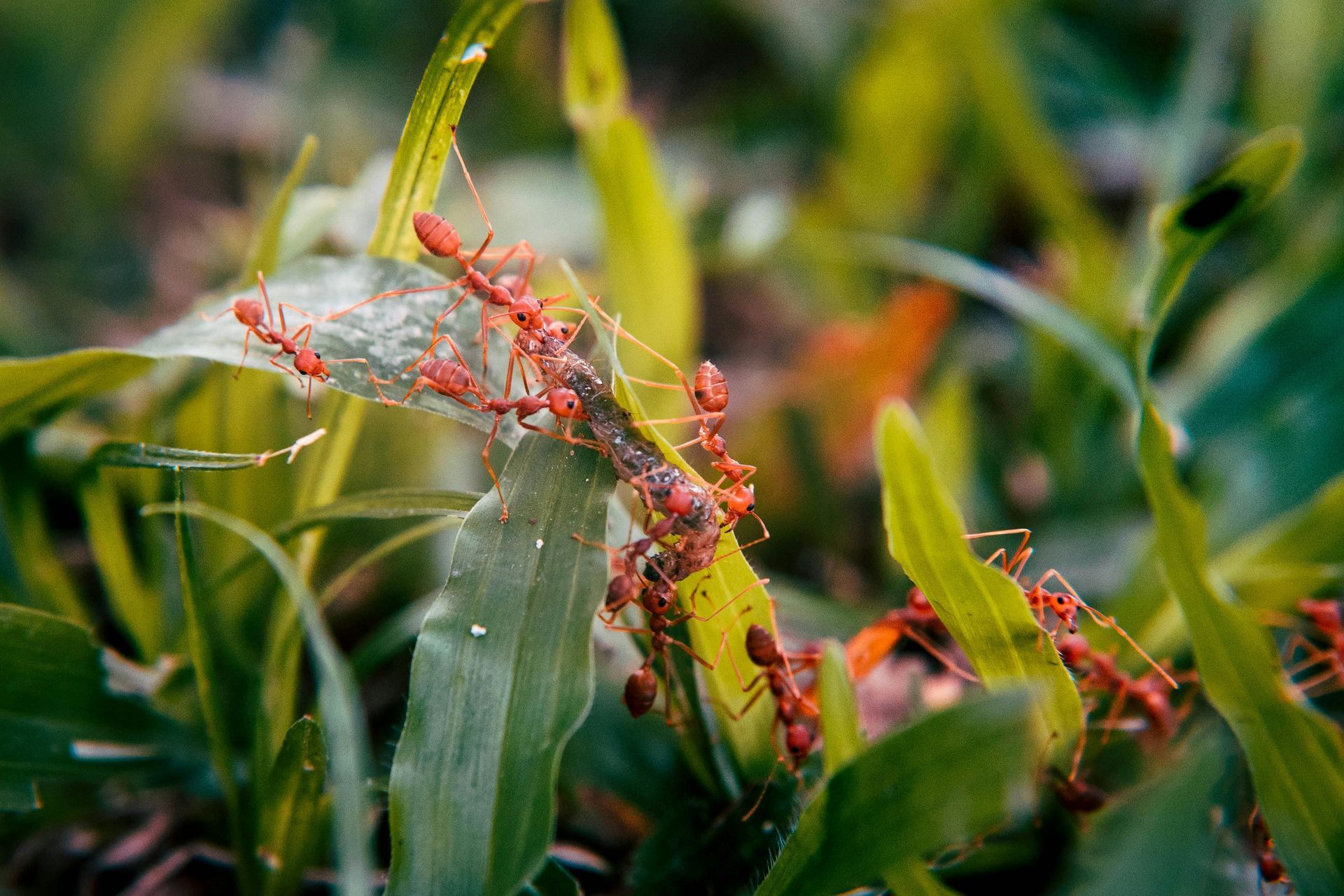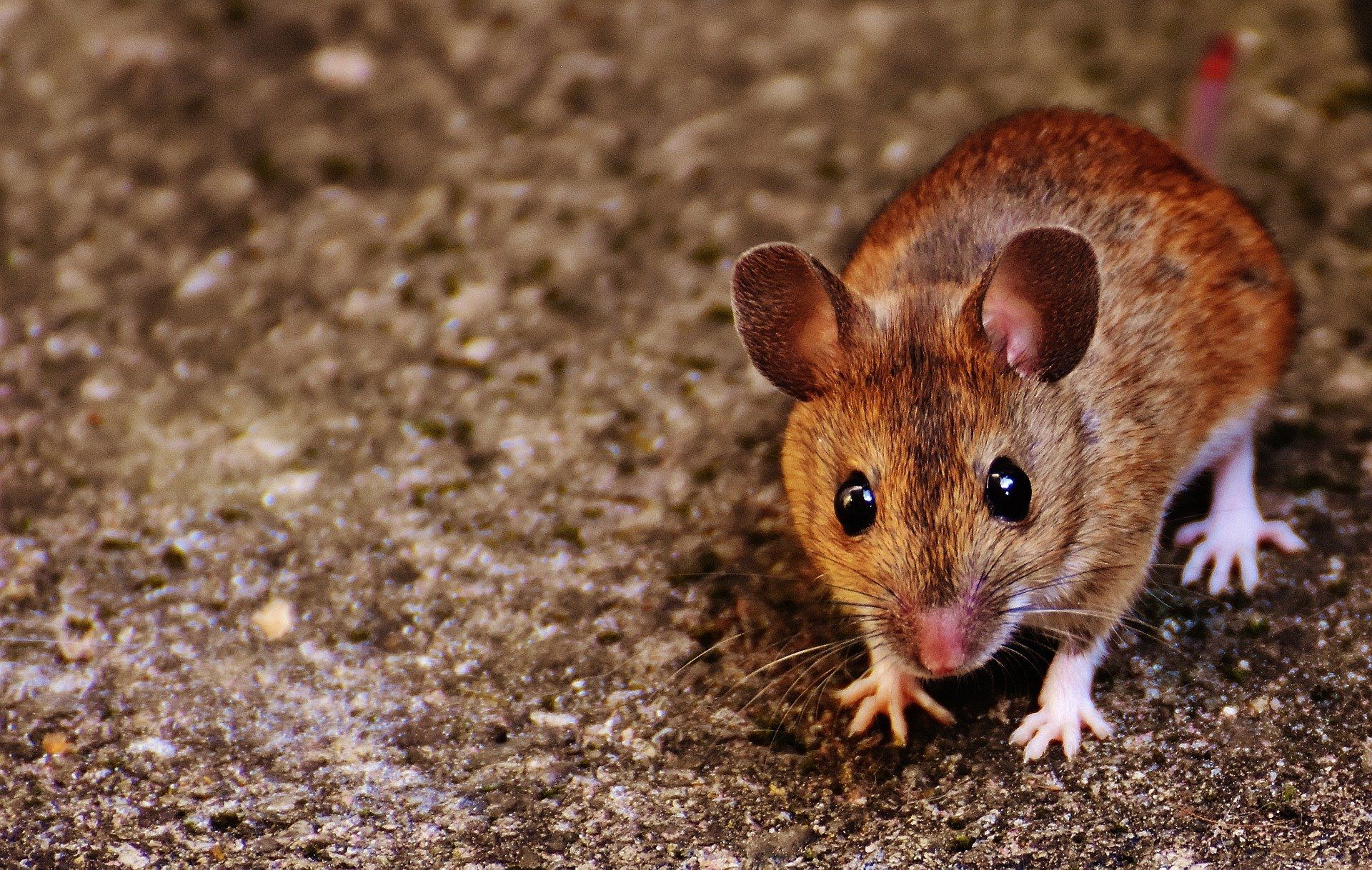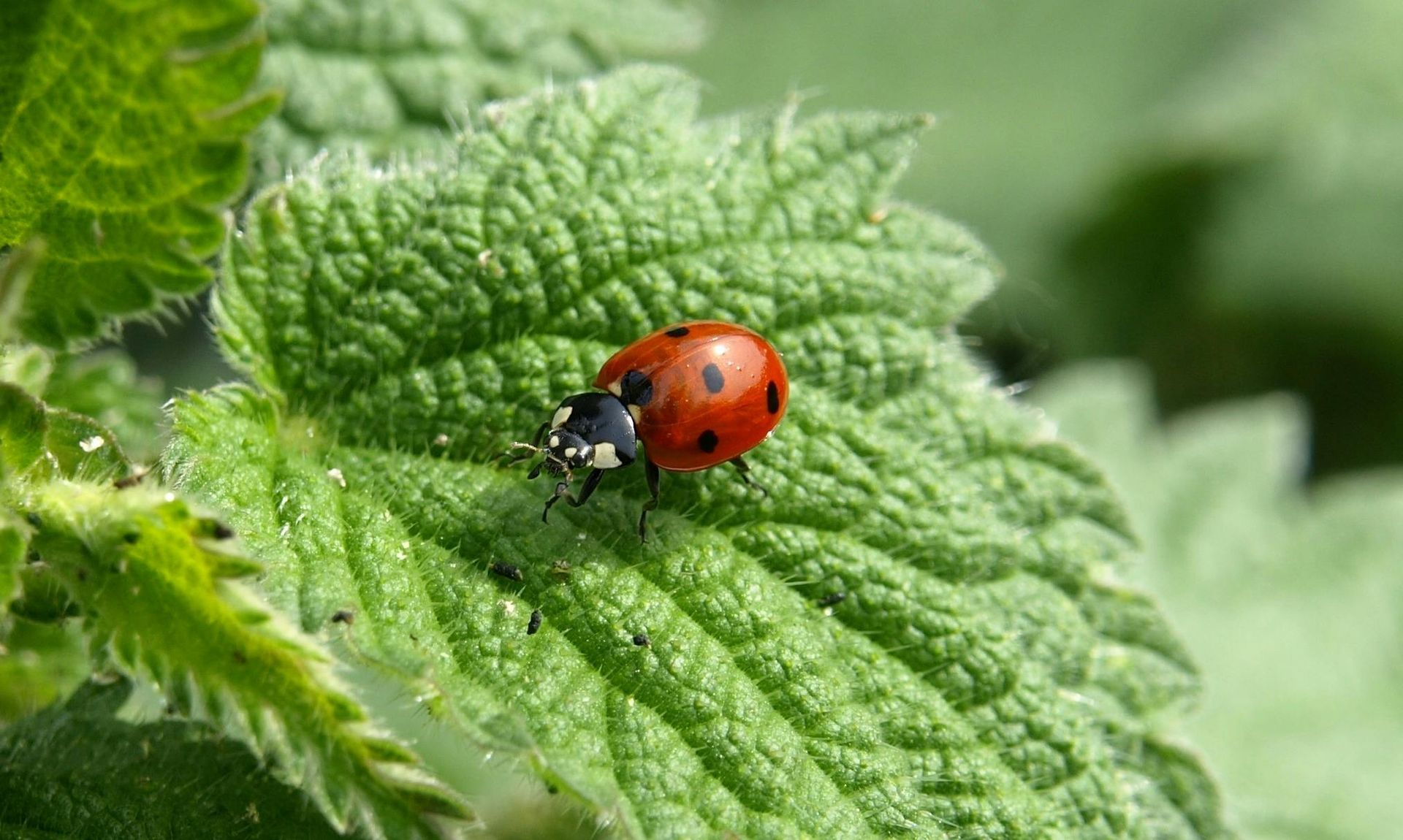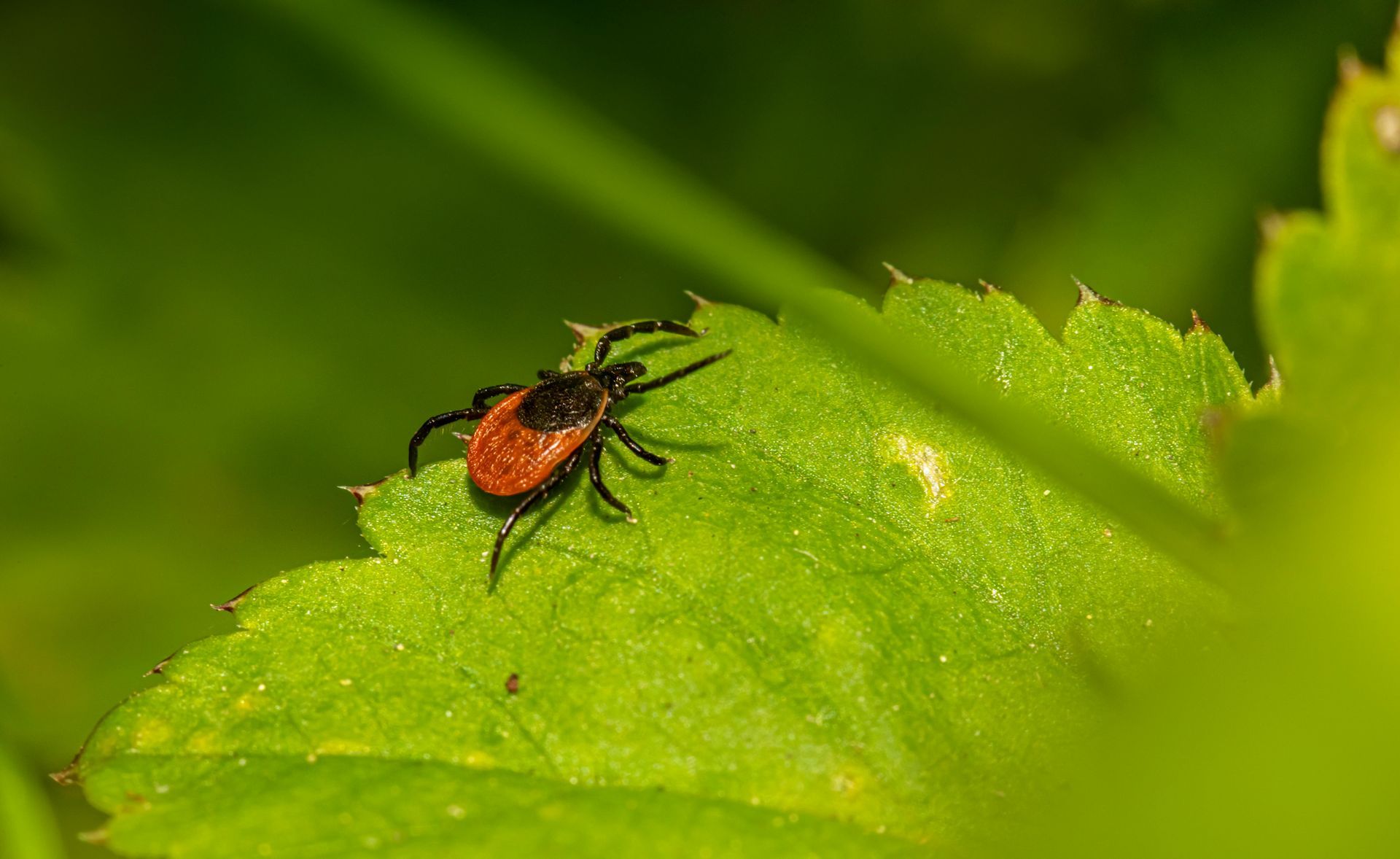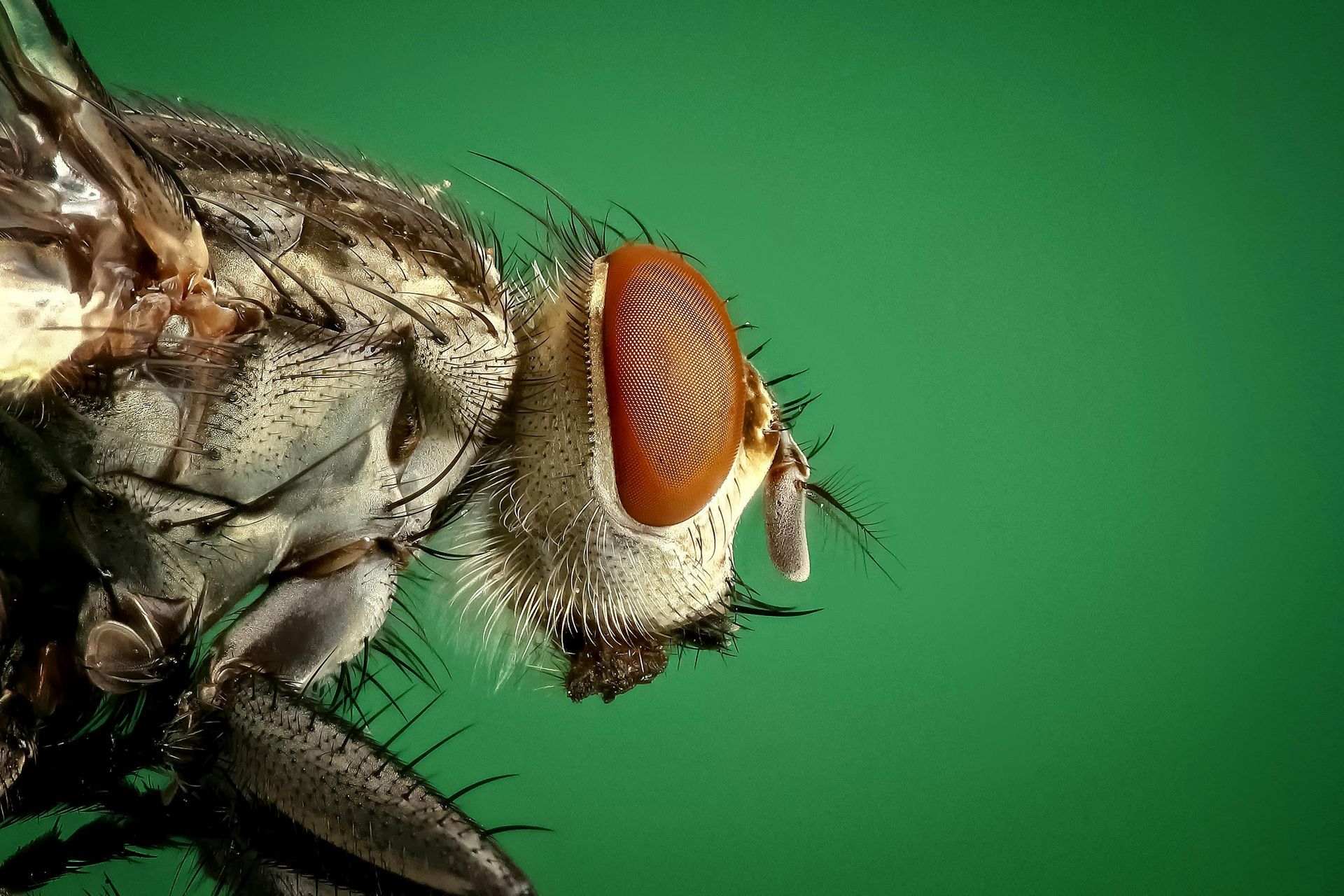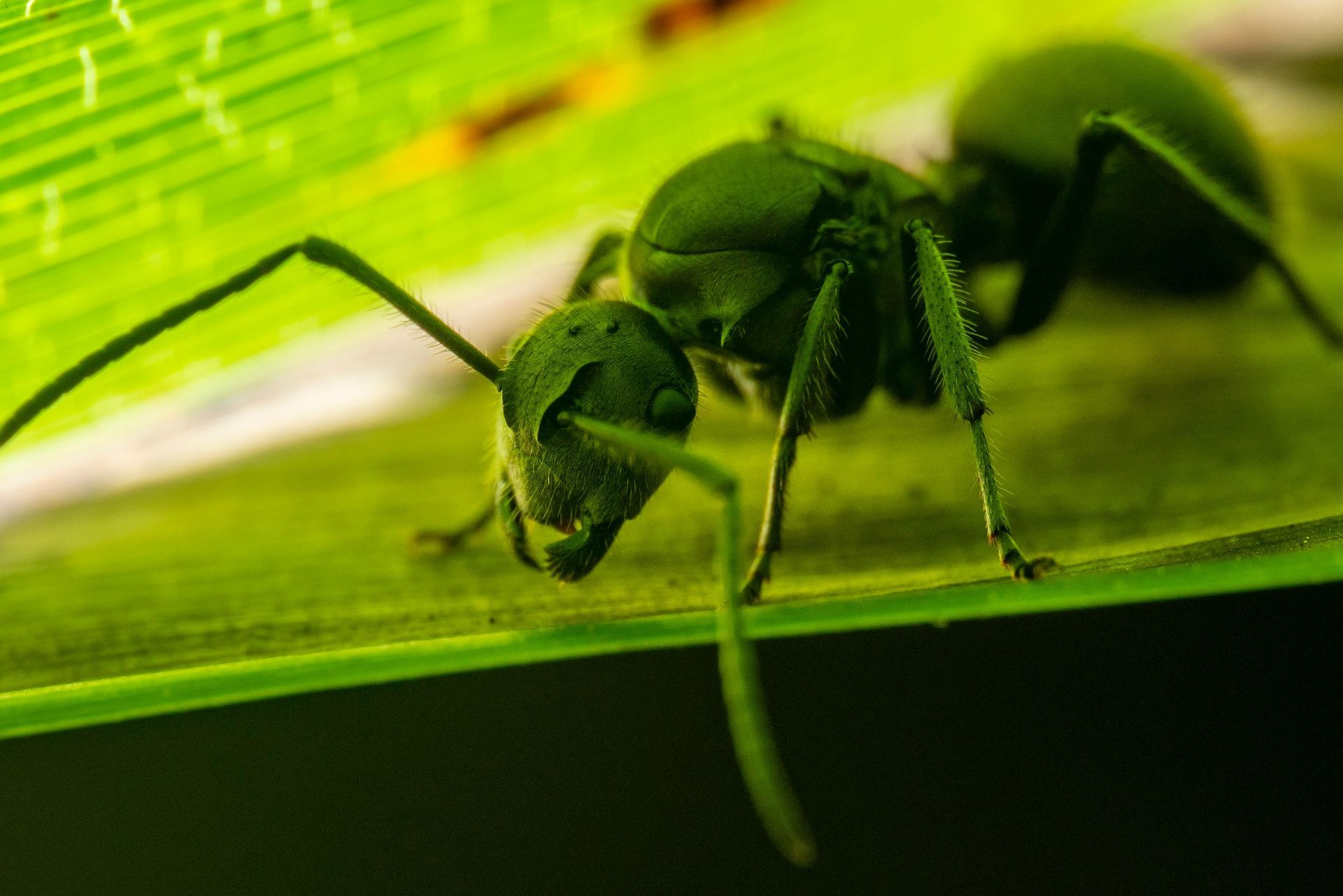Homemade Animal Repellents - Approach with Caution
Homemade Animal Repellents for Gardens: Problems and Challenges
Keeping a beautiful garden can be a source of pride and joy, but the battle against invasive animals can be challenging. Some people turn to homemade animal repellents thinking the are the cost-effective solution, but there are problems and challenges you should know about before diving in.
- Effectiveness Can Vary:
Homemade animal repellents often promise to keep critters away, but their effectiveness can be hit or miss. Some recipes use ingredients like:
- garlic
- hot peppers
- vinegar
Those ingredients are believed to repel animals due to their strong smell or taste. However, animals have different preferences, and what works for one might not work for another. This means you might spend time and effort making these concoctions, only to find they don't deter the animals you're targeting.
2. Limited Longevity:
One of the major challenges with homemade repellents is that of their short lifespan. Natural ingredients tend to break down quickly, especially when exposed to weather conditions like rain and sunlight. That means you might need to reapply the repellent frequently, which can become time-consuming and labor-intensive.
3. Lack of Scientific Evidence:
Homemade animal repellents often lack scientific validation. While some people swear by certain mixtures, there is limited research proving their effectiveness. Professionally prepared repellents such a Shake-Away undergo rigorous testing to ensure they work as advertised.
4. Risk of Harm to Plants:
Some homemade repellents, especially those involving strong ingredients like garlic or hot pepper, might harm your plants. Those ingredients can burn or damage foliage. Additionally, if you're not careful with the concentrations, you could end up damaging the very plants you're trying to protect.
5. Uneven Application:
Applying homemade repellents evenly can be tricky. If you miss even a small spot, animals might find their way into your garden through that gap. Professionally formulated repellents often come in formulations that ensure even coverage, reducing the chances of animals finding a way in. Look how easy it is to use Shake-Away.
6. Unpredictable Reactions:
Animals can have unpredictable responses to homemade repellents. While some might be deterred, others might not mind the smell or taste in the least. That can lead to frustration as you realize your efforts aren't having the desired effect.
7. Smell and Residue:
Many homemade repellents have strong odors that can be unpleasant for humans as well as the targeted animals. Moreover, homemade concoctions can leave residue on plants, affecting their appearance and potentially impacting their growth.
Homemade animal repellents can seem like a budget-friendly solution for protecting your garden, but they come with their fair share of problems and challenges. From varying effectiveness to potential harm to plants and lack of scientific evidence, there are reasons to approach them with caution. If you're looking for a more reliable and convenient solution, consider naturally formulated Shake-Away. The products are formulated and tested to ensure they effectively deter animals without causing harm to your plants or the environment. Remember, keeping your garden safe and thriving requires a careful balance between protecting your plants and using methods that are proven to work.
Critter Repellent All Natural Animal Repellent Blog
